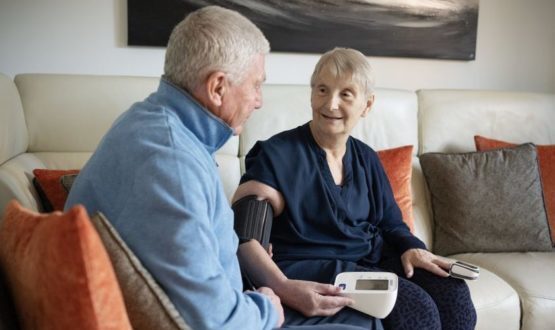European Health Insurance Card hits milestone
- 11 May 2009
The European Commission has announced that over 180m European Health Insurance Cards (EHIC) have been issued in the five years since the card replaced the paper E111 form.
The EHIC is a free plastic card that ensures cardholders receive the same access to public sector health care – a doctor, a pharmacy, a hospital or a health care centre – as residents of the country they are visiting.
The number of Europeans holding the card has increased every year since the programme’s introduction in 2004.
The EHIC makes it easy for cardholders to get the medical care they need if they become sick or injured while temporarily visiting one of the 31 participating countries.
The card is most widely held in Liechtenstein, Switzerland and Austria where almost 100% of the population have an EHIC. In these three countries the EHIC is on the reverse side of the national health care cards: so for these residents, receipt of the EHIC is automatic.
In other countries the number of citizens holding an EHIC is far lower, partly explained by national differences in the number of people taking overseases holidays. For example, Eurostat 2006 figures show that only 11% of holidays taken by Greek residents are to destinations outside Greece – with only 1% of Greeks EHIC cardholders.
Although the EHIC doesn’t hold any data on a chip or strip, it has been seen by some as providing the basis for a future European health smartcard for summary health data, or authorising access to online summary records.
Link




